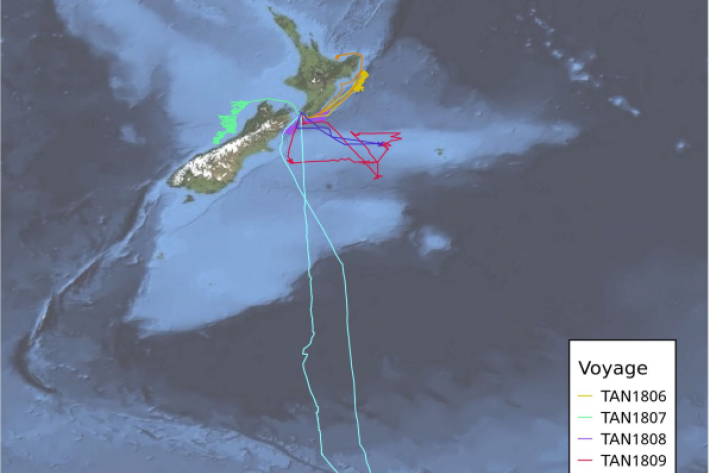-

Weed Management
Research ProjectOf the more than 70 aquatic plant species naturalised in New Zealand, more than 75% have become problem weeds or have been assessed as having the potential to become future problem weeds. Most of our lakes, rivers and streams are affected by at least one of these species. -
NIWA reveals Arrowtown air quality standards breached every time temperature plummets
Media release05 July 2019The first month of data from NIWA’s air quality monitoring project in Arrowtown reveals that air quality has already breached the national standard eight times this winter, including six times in the week from 19 to 26 June – in fact every time the air temperature dropped below freezing. -

Suspended sediment dynamics in New Zealand Rivers
Research ProjectImpacts of catchment characteristics on the timing of sediment delivery during runoff events. -

Braided river morphodynamics and invasive exotic vegetation
Research ProjectBraided rivers are an arena where woody weeds and floods are in constant competition with each other.
Braided rivers naturally flood frequently, repeatedly mobilising their bed sediments and shifting their multiple channels. -
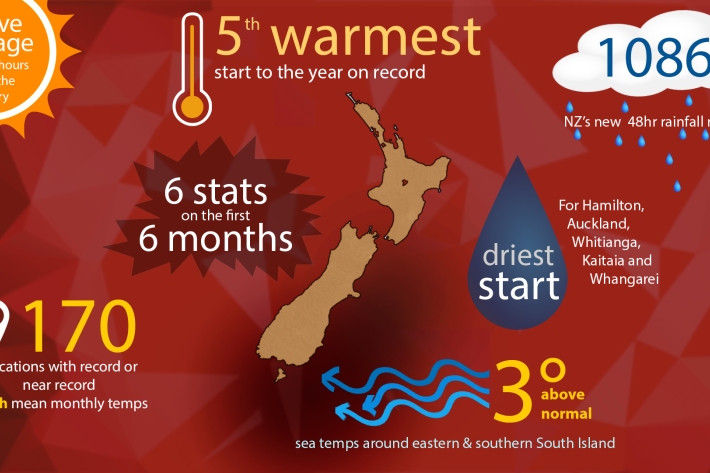
2019 so far - a story of weather and climate extremes
Media release02 July 2019We’re now halfway through 2019 and NIWA climate data from the first six months tell a dramatic story of weather and climate extremes. -

It only gets brighter from tomorrow!
Media release20 June 2019We’re here already – the shortest day is tomorrow (Saturday) and after this, it gets progressively lighter out to the longest day of the year in December. -
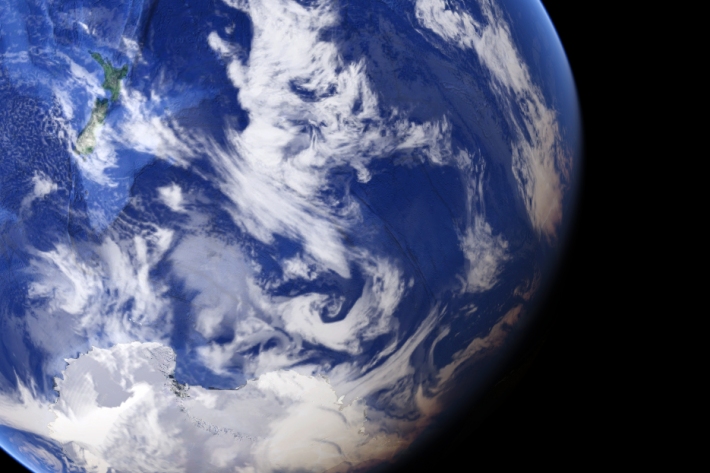
Ambitious NIWA-led Antarctic Ocean project gets go-ahead
Media release18 June 2019Understanding how the Antarctic oceans work is vital to predicting the world’s future climate and the implications of climate change for humankind and the planet. -
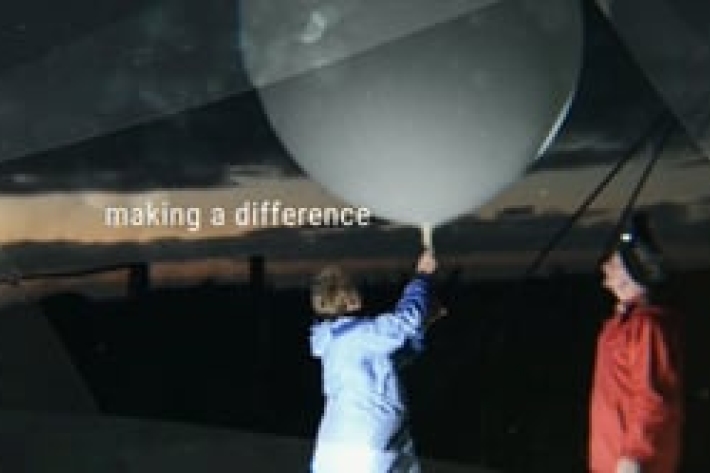
NIWA science - making a difference
An introduction to NIWA scientists and the wide range of work they do. Our staff work across freshwater, climate and ocean research platforms throughout New Zealand and the wider Pacific region. -
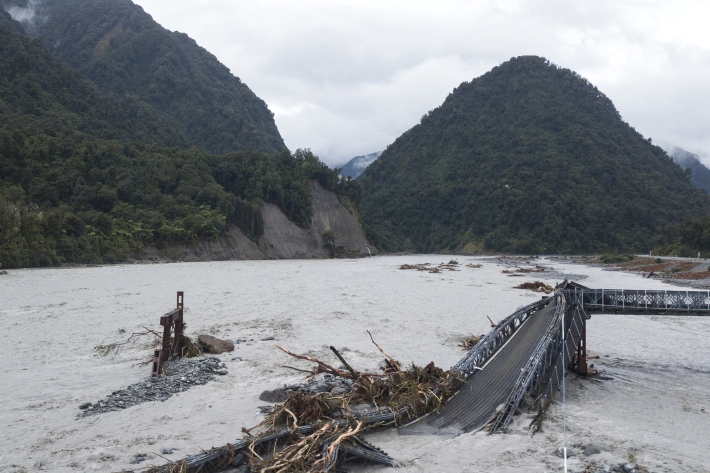
Time for bold actions guided by science
Feature story14 June 2019New Zealanders are fast becoming aware that our changing climate matters a great deal. NIWA Chief Executive John Morgan explains. -
Setting new baselines in the southern seas
Feature story14 June 2019While most New Zealanders were settling into their summer break, some scientists were double-checking their survival gear before heading to work deep in the Southern Ocean.

